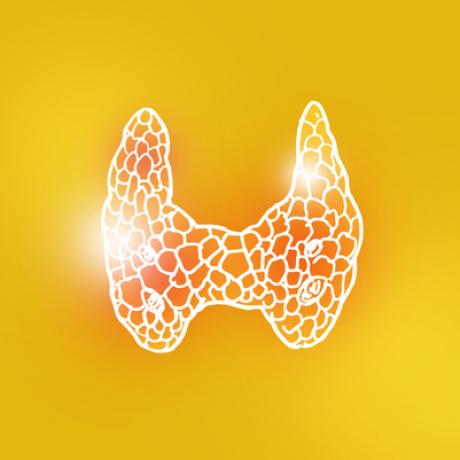Why I Don’t Take HRT of Any Type and Never Will
While hormone replacement therapy can be supportive for some, it’s also a complex, tissue-specific game of trade-offs. This post is not about telling anyone what to take or not take, but about informed consent, biological nuance, and why I’ve chosen a different path.









